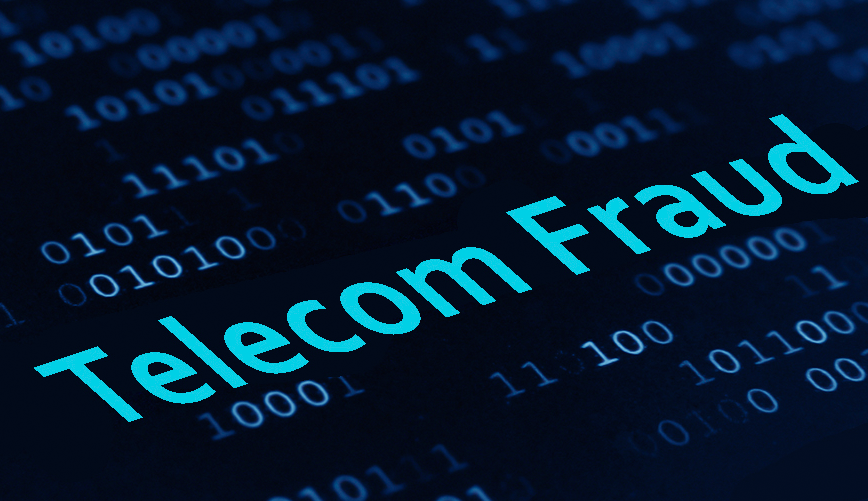Every year when the telecom companies submit their financial statements, they are expected to give back 2% of the annual revenue to UCC. However, the Commission has not yet built the capacity for an independent review of the revenue figures reflected in the audited financial statements of the operators to counter the likelihood of audit risk or collusion.
During the last financial year there was a shortfall of almost 20% in the revenues budgeted for and actually collected. This is a significant loss of revenue.
All the stakeholders in the Ugandan telecommunications sector could benefit by more transparency and the ability to monitor transactions and provide accurate billing and effective governance.
If the Ugandan government were to install a platform which would accurately invoice and account for all telecoms taxes, fees and surcharges, this would be beneficial for all the stakeholders concerned: government, telecommunications operators and consumers alike.
It would, in fact, be a very positive development for Uganda and its telecoms sector and has everything to do with accurate billing, monitoring and governance and nothing to do with eavesdropping.
It is said that telecoms operators lose a lot of money every year due to fraud. The Ugandan Communications Commission (UCC) does not have an effective monitoring and anti-fraud system in place and telecoms fraud is costing the Ugandan government and taxpayers a significant amount annually.
The Institute of Forensics and ICT Security is here to help telecommunications companies come up with an effective monitoring and anti-fraud system to help reduce fraud cases especially in telecom companies.

